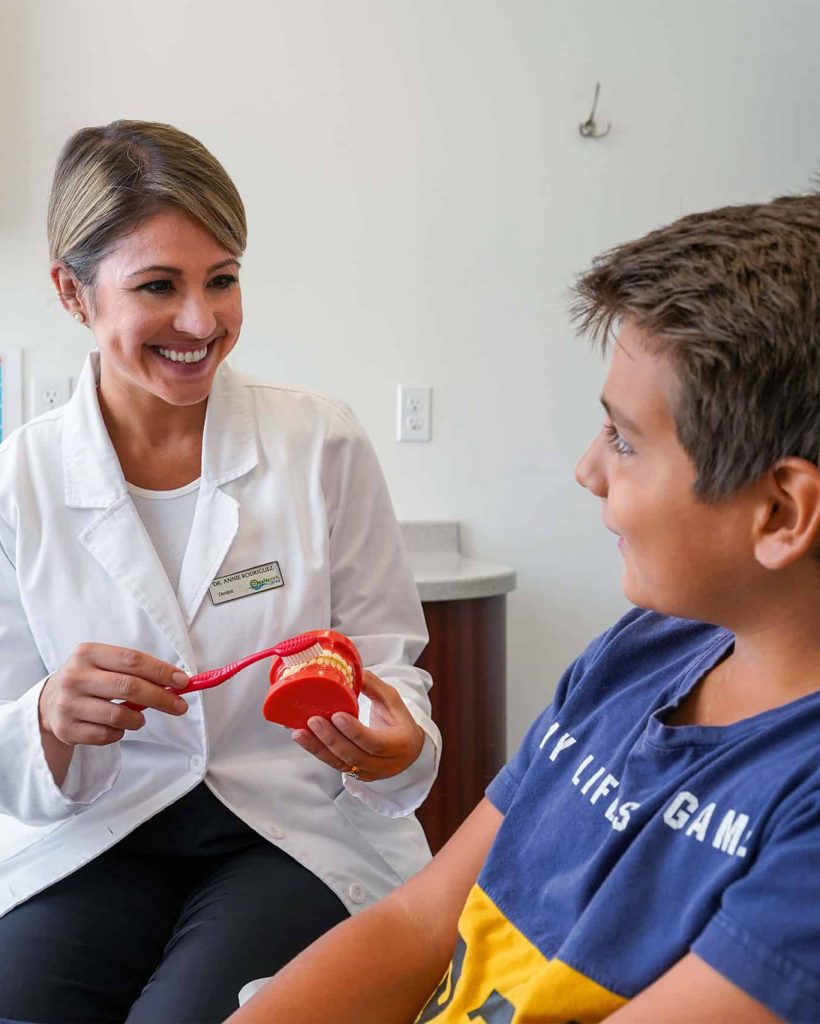Bone Grafting Dental Procedure
- Home
- Services
- Tooth Replacement
- Dental Implants
- Bone Grafting
Rebuild Bone Structure with Expert Bone Grafting
Strengthen Your Jaw for Long-Lasting Tooth Replacement
At Oasispark Dental, we offer bone grafting to restore lost jawbone density and create a strong foundation for dental implants or other restorations. Bone loss can occur due to tooth loss, gum disease, or trauma, making it difficult to place implants or support natural teeth. Our advanced bone grafting procedures help regenerate bone, ensuring long-term oral health and stability.

The Benefits of Bone Grafting
Bone grafting is a key step in preparing for dental implants and preventing further bone loss. Benefits include:
- Enhanced Implant Success – Strengthens the jawbone to support dental implants securely.
- Prevention of Facial Collapse – Maintains natural facial structure by preventing jawbone deterioration.
- Better Stability for Dentures & Bridges – Improves support for dentures, bridges, or natural teeth.
- Regeneration of Lost Bone – Stimulates natural bone growth for long-term oral health.
Whether you need a minor graft or a more extensive procedure, our expert team ensures a comfortable and effective treatment experience.
What to Expect During Your Bone Grafting Procedure
Your treatment starts with a comprehensive evaluation to assess bone loss and determine the best grafting approach. We use advanced digital imaging to plan your procedure and ensure precision.
The bone grafting procedure involves placing biocompatible grafting material in the deficient area. This material stimulates natural bone regeneration, creating a solid base for future restorations. Healing time varies, but in a few months, your jawbone will be ready for implants or other treatments.
Book A Free Consultation
Call (905) 953-8115
for emergency services or fill out the form below to book an appointment.
Other Dental Services
Office Hours
- Monday: 9 AM–5 PM
- Tuesday: 9 AM–5 PM
- Wednesday: 9 AM–6 PM
- Thursday: 9 AM–7 PM
- Friday: 9 AM–2 PM
- Saturday: 9 AM–2 PM
- Sunday: Closed


Everything You Need To Know About Your Dental Care
Frequently Asked Questions
At Oasispark Dental, we understand that you may have questions about your oral health and the dental services we provide. That’s why we’ve compiled answers to some of the most common questions we receive. If you don’t see your question here, feel free to reach out to our team—we’re always happy to help!
Healing time varies but typically takes 3-6 months. The bone graft needs time to integrate with your natural bone before proceeding with implants or restorations.
The procedure is performed under local anesthesia, so you won’t feel pain. Some mild swelling or discomfort after the procedure is normal but can be managed with pain relievers and post-care instructions.
We offer several grafting options, including autografts (your own bone), allografts (donor bone), xenografts (animal bone), and synthetic materials. We’ll recommend the best option for your needs.
Not always. If you have sufficient jawbone density, you may not need grafting. However, if there’s significant bone loss, a graft is essential to ensure implant stability.
Need A Consultation?
Give us a call or contact us through our contact form for more information on how to set up your complimentary consultation!
